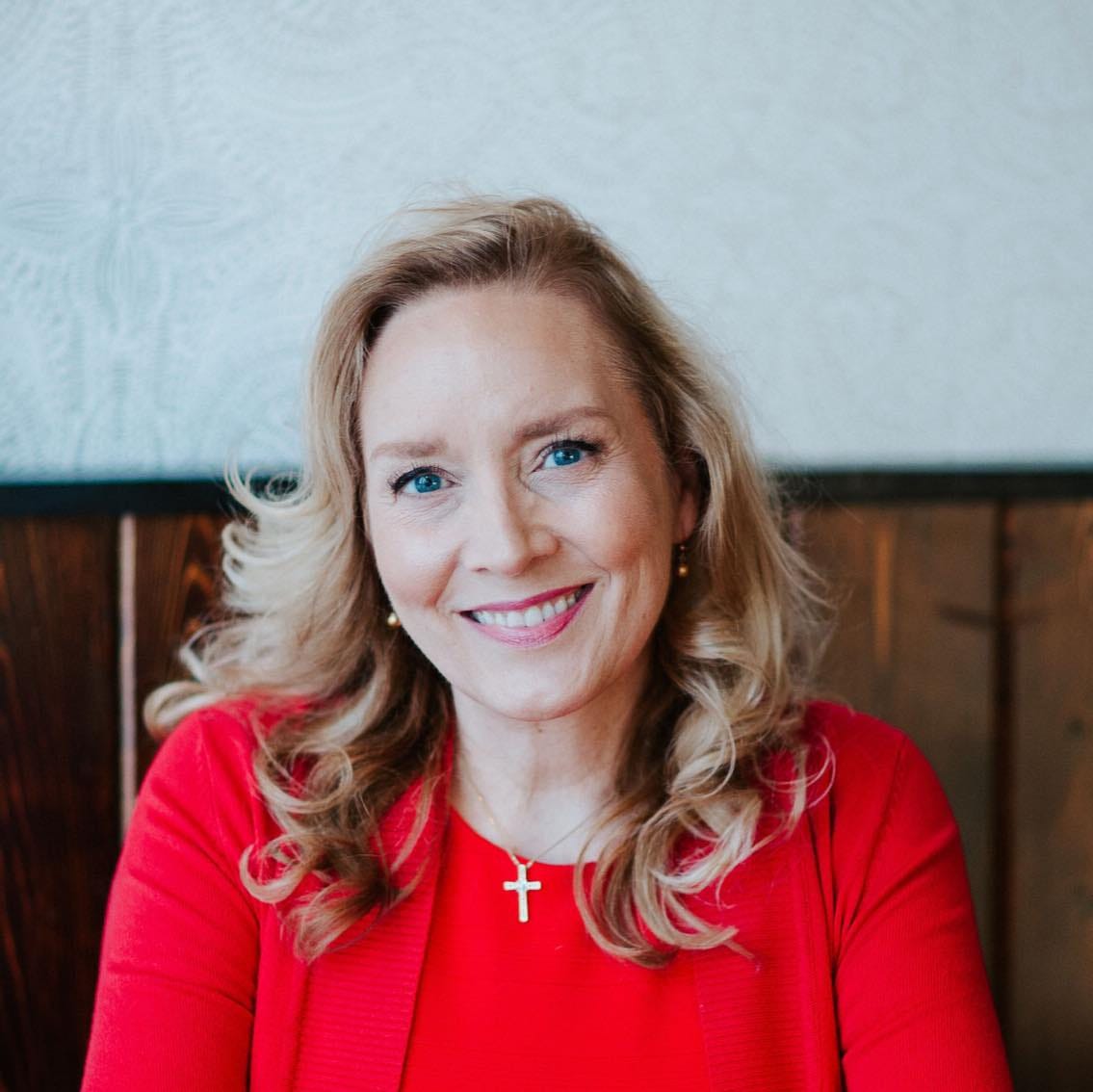Lori Hinz of BEK News joined Townsquare Media’s Talk of the Town with Steve Bakken to discuss Summit Carbon Solutions and their attempt to build a CO2 pipeline across 5-states with the terminus storage for carbon in North Dakota.
Hinz has been reporting on the carbon pipeline with regular features on Capturing America’s Heartland: CO2 Pipeline available at BEK News. Bakken is the former mayor of Bismarck and current Burleigh County commissioner.
The two discuss several issues pertaining to the carbon pipeline including their ruthless tactics with landowners and lack of positive public relations.
“So those that aren't familiar, common carrier status is intended for its... Infrastructure things,” Bakken said. “Infrastructure things that are common goods, so a gas pipeline, a railroad, water pipelines, a roadway, electricity, sewer lines, an interstate, which we're getting another one in North Dakota.”
Bakken continued explaining how the carbon pipeline differs from traditional common carrier projects.
These are for the public good, not for-profit private business ventures, like Summit Carbon Solutions, those are not common carrier status items, those do not check the box." Bakken said. "Common carrier status should not be legal for a private business venture.”
Hinz agreed with Bakken before discussing the recent court ruling in South Dakota.
“They are apples and oranges,” Hinz said.
Hinz and Bakken segwayed into the recent court decision from the South Dakota Supreme Court.
On August 22nd, the South Dakota Supreme Court ruled that Summit Carbon Solutions (SCS), the company trying to build a carbon-capture pipeline through the state, did not prove it is a “common carrier.”
That is significant because SCS had been claiming that because it was a common carrier, they were allowed to take private property for public use. Over 80 landowners had been condemned and subjected to destructive surveys where SCS trespassed without permission destroying crops without adequate compensation.
Normally, a common carrier transports goods for the general public in exchange for a fee, such as oil through a pipeline, and is allowed to use eminent domain.
Hinz added some context to the conversation explaining some of the ruthless tactics Summit Carbon Solutions has been doing to landowners on their property.

“Jared Bosley was one of the biggest people to really have the most egregious things done to him, his land and his life, actually, too,” Hinz said. “They hauled him into court and everything else, but, Jared Bosley was one of the people who was the folks involved in this lawsuit.”
Hinz continued citing examples of how Summit was treating landowners and their private property.
“You can't drill into the ground with this huge boring machine and completely obliterate the crops as you go in like they did to Jared Bosley,” Hinz said. “There was a lot of ill will just from that starting point when you start talking about landowner rights.
Hinz added that now, six different groups “kind of pitched in on this in South Dakota” and she believes it is a decision that the Public Service Commission in North Dakota should pay attention to.
In South Dakota, the Supreme Court ruled that Summit Carbon Solutions did not prove that it’s “holding itself out to the general public as transporting a commodity for hire” and “it is thus premature to conclude that SCS is a common carrier, especially where the record before us suggests that CO2 is being shipped and sequestered underground with no apparent productive use.”
Further, the Court ruled the South Dakota Constitution “guarantees a jury determination of any damages caused during the surveys and thus comports with South Dakota’s unique constitutional guarantees regarding property rights.”
Attorney Brian Jorde is representing over 1,000 landowners affected by SCS’s project and claims the ruling validates what he and his clients have argued for three years.
“Big shout out to Brian Jorde who made this happen in the Supreme Court because he was one of three lawyers who were actually hearing this case,” Hinz said.
South Dakota Rep. Karla Lems (R-Canton), along with Rep. Julie Auch (R-18) have fought multiple legislative sessions to try and overturn the use of eminent domain by carbon pipelines, with no success.
However, Lems stated: “The same arguments (CSC was not a common carrier) that were offered on the House floor are now upheld by the Supreme Court.”
Last session, the South Dakota Legislature passed Senate Bill 201, dubbed the “Landowner Bill of Rights,” but landowners were not supportive nor pleased. The bill, once again, failed to repeal the use of eminent domain by carbon pipeline companies and allows pipeline companies to seek a state permit.
Landowners don’t believe the bill protects their property rights and still have concerns for their safety over potential pipeline leaks. Because of those concerns, they organized an effort and obtained the 38,000 signatures necessary to have the legislation referred to the voters on the Nov. 5 general election ballot.
“To date, more than 34 third-party facilities, including ethanol plants, have signed contracts or letters of intent with SCS for the transportation of CO2." Hinz said. "The pipeline project is anticipated to disturb approximately 6,550 acres within just South Dakota comprising mostly agricultural properties used for crop production or pasture land."
The Supreme Court decision, along with the referendum to reject SB 201, proves how determined and resolute landowners are to protect their private property. Summit and their investors are looking at an $8 billion pipeline project that is supported by $18 billion federal tax credits. This from a company that has never built a pipeline before.
Furthermore, if the carbon dioxide is to be used for enhanced oil recovery, the company would be eligible for a lesser tax credit – $60 per ton of C02 compared to $85 per ton for carbon sequestration under the Inflation Reduction Act.
These subsidies are also direct cash subsidies, not carbon credits, which in many landowner’s opinion, has created backroom deals with billionaires and politicians, in addition it has created an excess of communication and transparency issues with Carbon Summit Solutions, public-private-partnerships and the state of North Dakota.
“I still think back to North Dakota’s globalist governor, Doug Burgum, when he stated in Iowa, well, if you don't like it, your neighbor can get the money,” Bakken said. “No, he's wrong. He's for eminent domain. He's for taking landowners' rights away and we saw that with the eight bills he supported.”
STREAMING DEAL FROM PARAMOUNT +
For a limited time, Paramount+ annual plans start at $2.50/mo. for 12 months using promo code FALL50. Stream the NFL on CBS live and more! Don't drop the ball—this special offer ends September 23. Billed annually. Terms and conditions apply.
Stream the NFL on CBS and watch your local game live every week! Plus, catch featured national games including the Thanksgiving matchup and the postseason.
Don't miss another snap. Take advantage of this limited time offer and stream the NFL on CBS live on Paramount+. Redeem now!
CLICK HERE FOR LIMITED TIME OFFER
ACT NOW! For a limited time, Paramount+ annual plans start at $2.50/mo. for 12 months using promo code FALL50.
Take advantage of this limited time offer and stream the NFL on CBS live on Paramount+. Redeem now!


















Share this post